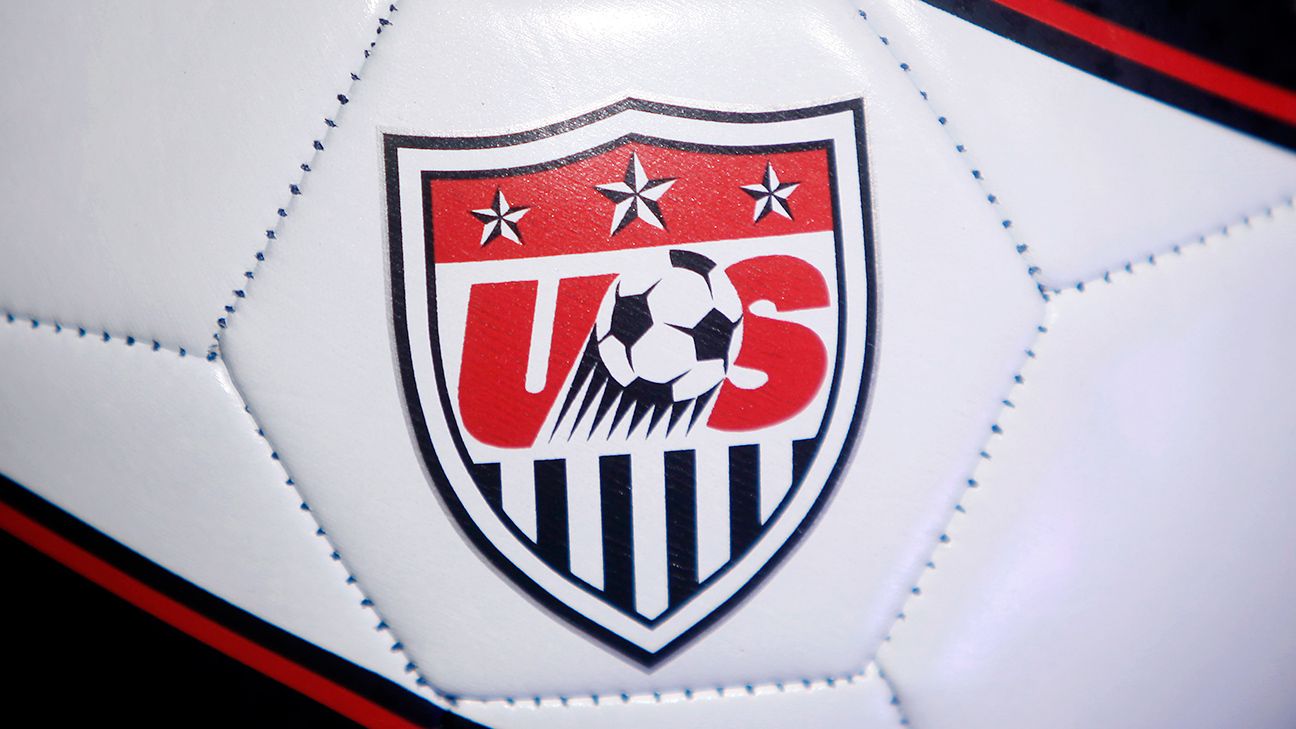The U.S. Soccer Federation and players on the U.S. women’s national team moved one step closer to a final resolution of the equal pay lawsuit, with the U.S. District Court for the Central District of California granting preliminary approval to the settlement negotiated between the two sides back in February.
Judge R. Gary Klausner, who at one point in the suit dismissed the players’ equal pay claims, stated in court documents that the settlement was “fair, adequate and reasonable for the purposes of preliminary approval.”
A final approval hearing is scheduled for Dec. 5.
The players’ spokesperson, Molly Levinson, tweeted, “We are pleased that the Court granted preliminary approval for the Historic Equal Pay Resolution today. We look forward to celebrating this hard fought victory for women and girls at the final hearing in December.”
The two sides reached agreement on the terms of the settlement back in February, with the USSF agreeing to pay the players a lump sum payment of $22 million. This amount will be distributed in a manner proposed by the USWNT players and approved by the district court. U.S. Soccer will also pay an additional $2 million into an account to benefit the USWNT players in their post-career goals and charitable efforts related to women’s and girls’ soccer. Each player will be able to apply for up to $50,000 from this fund.
The players had been seeking $66.7 million in backpay.
The settlement was contingent on the respective unions for both the U.S. men’s and women’s national teams agreeing to new collective bargaining agreements that contained provisions for equal rates of pay for national team matches, as well as an equal split of World Cup bonuses. Agreements on the new CBAs were reached last May, clearing the way for Thursday’s ruling.
The 28 national team players first filed the lawsuit in March of 2019, accusing the USSF of “institutionalized gender discrimination” toward the team. The lawsuit was filed under the Equal Pay Act and Title VII of the Civil Rights Act, and focused on two areas; equal pay and working conditions.
The contentious nature of the suit increased in March of 2020, when a legal filing by the USSF was made public. The filing disparaged players on the U.S. women’s national team, saying they “do not perform equal work requiring equal skill [and] effort” because “the overall soccer-playing ability required to compete at the senior men’s national team level is materially influenced by the level of certain physical attributes such as speed and strength.” Following an intense backlash, then-USSF president Carlos Cordeiro resigned and was replaced by Cindy Parlow Cone.
Cone won reelection last March, defeating Cordeiro who was seeking to reclaim his post.
The women’s suit sustained a significant blow in May 2020, when Judge Gary Klausner granted the USSF’s motion for summary judgement on the equal pay claims, effectively dismissing that portion of the case. He ruled that during the class period in question, each women’s player actually made more money per game than their male counterparts. Klausner did rule that the Title VII claims related to working conditions — which included use of charter flights for travel, venue selection, amount of support staff and hotel accommodations — could move forward. That aspect of the suit was settled out of court in December 2020.
The women filed an appeal on the equal pay claims last July, stressing that Judge Klausner erred by not looking at rates of pay and the fact that the women had to win more often than the men to receive their bonuses. The negotiations dragged on, but with Cone bringing a different tenor to the talks, the two sides were able to reach a settlement.
